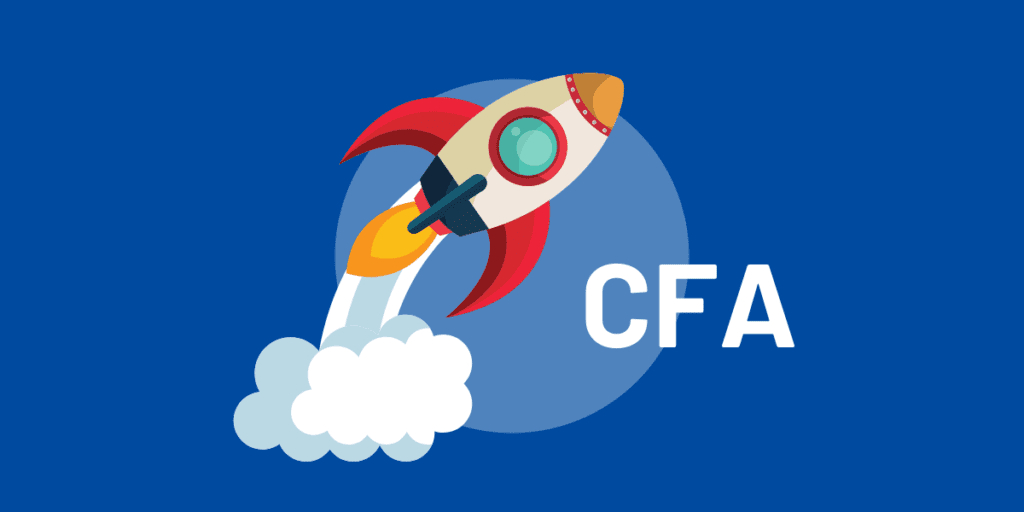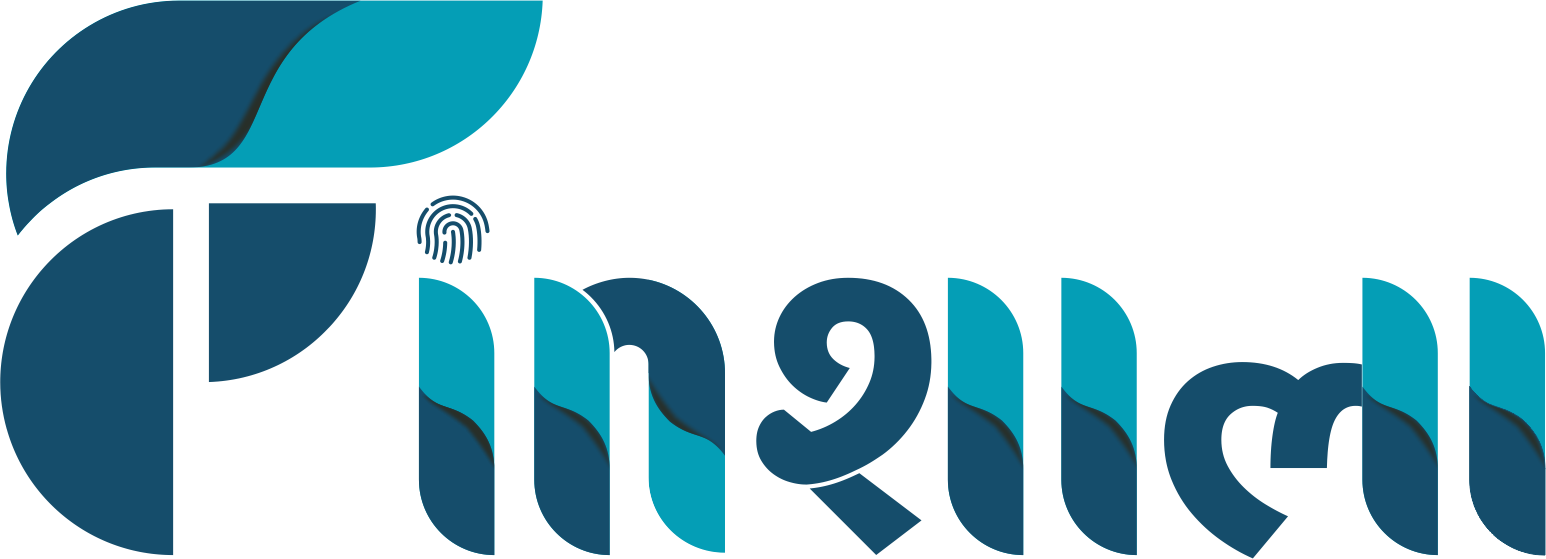Why CFA?
- CFA significantly adds to your financial arsenal and boosts your career in the Trillion Dollar industry.
- It strengthens your financial background and makes you the realdeal.
- You earn a globally recognised professional certificate.
- A CFA designation once earned stays with you whether you work as a fund manager at Wall Street or as a research analyst at a start-up firm in Germany.
- Put in efforts here, add in some of your savings and Abrakadabra you have earned something that is worth it all.
- If you have the determination, your efforts can ripe into something exponentially significant and that’s a fair enough deal.
- CFA fills the knowledge void between Undergraduate and Post-Graduation by helping you gain an edge over your peers.


